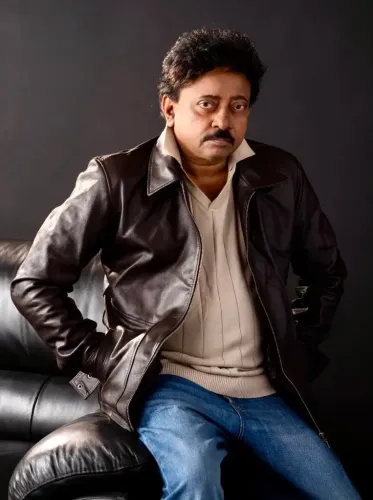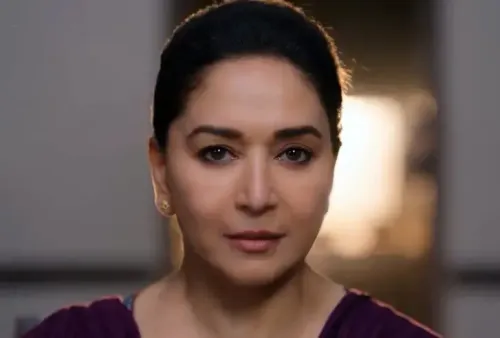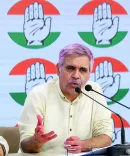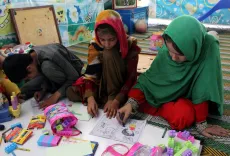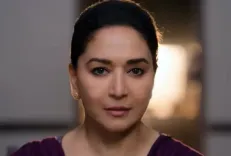Did Kailash Kher Share His Life-Religion on His Father's Death Anniversary?
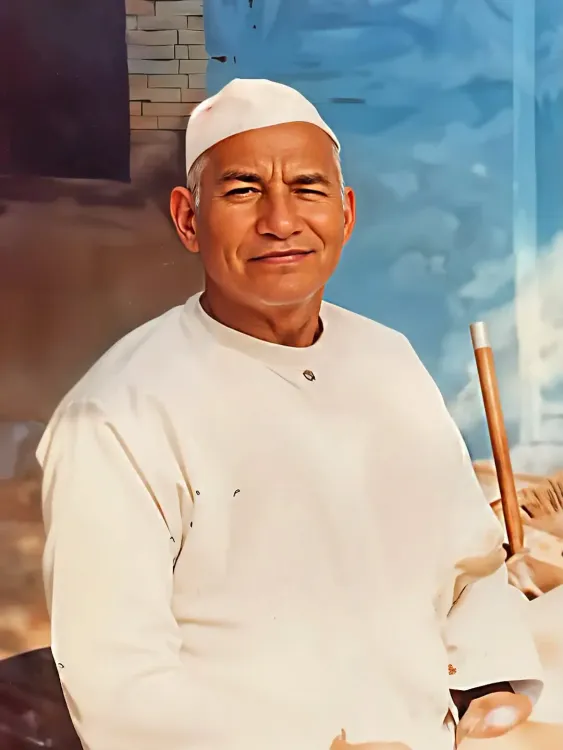
Synopsis
Key Takeaways
- Kailash Kher honors his father's legacy through art.
- The annual Mehar Rangat Festival promotes folk music.
- Music is viewed as a collective art form.
- Kailash emphasizes the importance of cultural heritage.
- His father’s teachings influence his music and life philosophy.
Mumbai, Nov 21 (NationPress) Renowned singer Kailash Kher paid tribute to his late father, Pandit Mehar Kher, on the anniversary of his passing. He expressed that sharing his father's legacy with the world is the essence of his life.
On his Instagram, Kailash shared a touching image of his father, writing, "This November 21st marks one of the most profound days in my existence... Today commemorates the death anniversary of my father, Pandit Mehar Kher — whose essence was intertwined with the spirit of India's soil and whose teachings resonate in every breath I take. (sic)."
To honor his father’s memory, Kailash has been hosting the “Mehar Rangat” Festival annually since his father's death anniversary.
"For the past six years, we have been celebrating the “Mehar Rangat” Festival — a platform where folk artists from all over the nation grace the stage with their talent. This is more than just an event; it embodies my father's aspirations... It is a tribute to folk music, stage artists, and the continuation of his legacy," the Padma Shri awardee stated.
He referred to his father as his eternal mentor, source of inspiration, and strength, saying, "Father... You remain my teacher, my guiding light, and my support even today. Transmitting your legacy to the world is my life’s calling.
Mehar Rangat in your honor... In the spirit of your everlasting artistry."
For those unfamiliar, Kailash's father, Mehar Singh Kher, was a celebrated traditional folk singer who passed away unexpectedly in November 2009.
Previously, Kailash discussed the transformation of the music landscape in India during an exclusive interview with IANS.
When asked about the significant shifts in Bollywood music over the past decade, he indicated that he prefers to view music in its entirety rather than confining it to Bollywood.
“I don’t categorize music solely as 'Bollywood'. I see it as a whole. Much non-film and independent music have thrived—thanks to platforms like ours. Folk artists, Manganiyars, and Ghumantu tribes—individuals who once performed within communities—are now receiving their deserved stage time and recognition. This awareness continues to grow," Kailash remarked.

